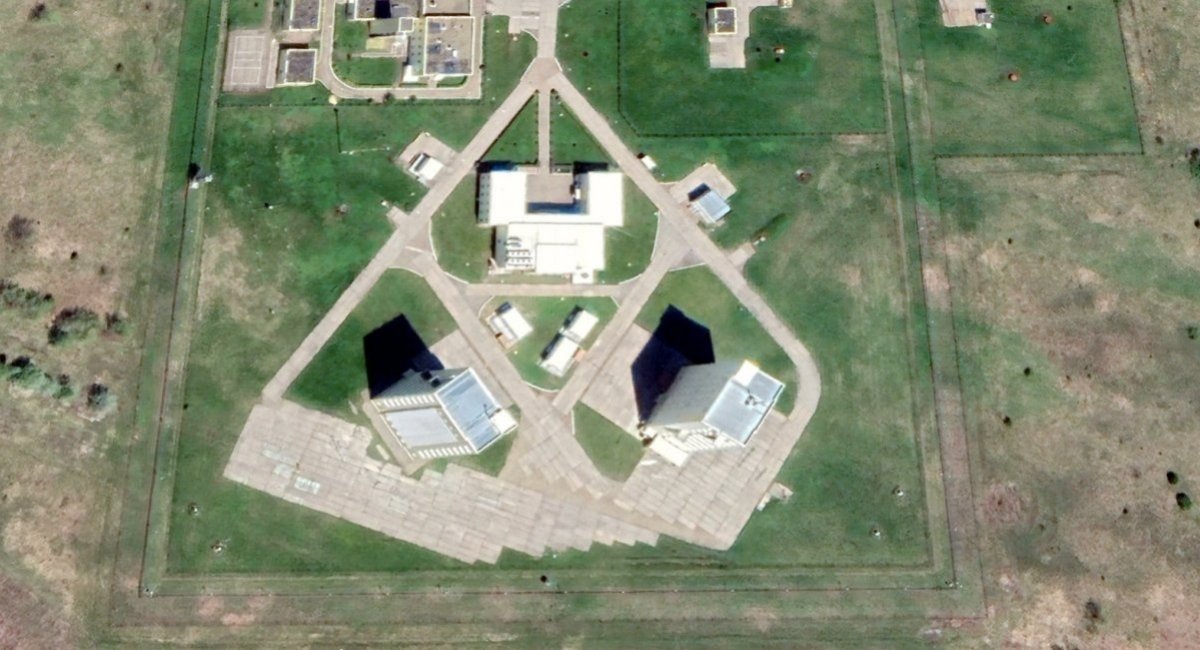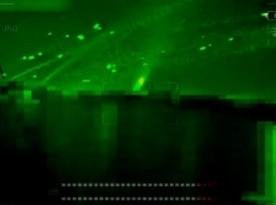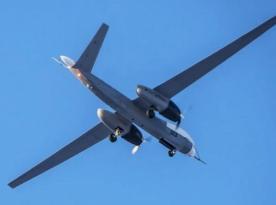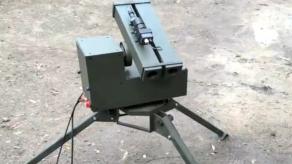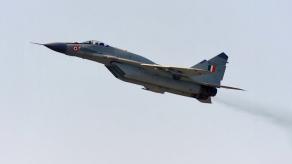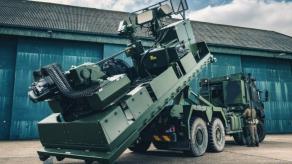In the russian federation, persecutors opened a case for fraud against several top managers of the institution that, among other things, developed strategically important Voronezh over-the-horizon radar systems. The details of this case were reported by several state-owned news outlets, although the formal charges are presented vaguely.
The main accusation is a "fraud on a particularly large scale" during the execution of a state defense order in 2014–2016. The defendants are Vyacheslav Lobuzko, chief of the Defense Solutions branch of the Academician A.L. Mints Radiotechnical Institute JSC, and Vladimir Finkelshtein, Deputy Chief Designer at the same enterprise.
Read more: Ukrainian Forces Destroyed $100 Million russian Radar System
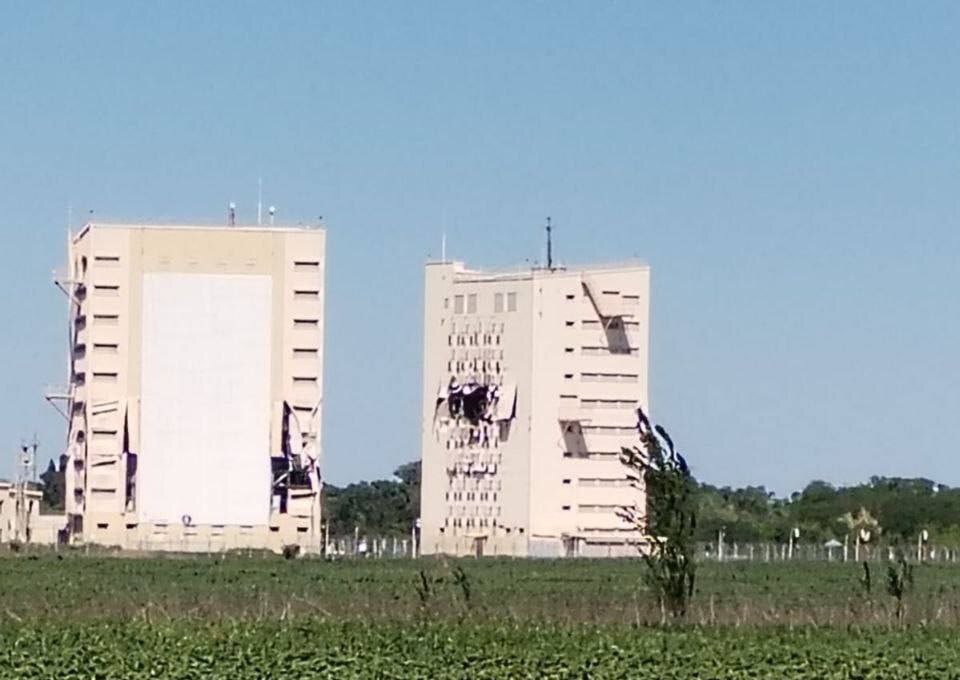
These two suspects are accused of stealing more than 130 million rubles from an unnamed research and development project that began in 2013, the money was illegally appropriated allegedly by falsifying data in documentation and during the production of a "substandard sample."
If the same was happening with any "ordinary" institution of the russian military industry, the opening of this case probably wouldn't have been received with such a resonance. However, this time around, even the TASS media agency wrote about this alleged "fraud on a particularly large scale".
What makes the said Radiotechnical Institute stand out is the fact it was tasked with developing ground-based over-the-horizon radar stations, including the Voronezh family of radars.
Radars of this family were repeatedly struck by Ukrainian long-range attack drones in spring 2024. One such occasion, the first in the series to follow, occurred in May 2024: a Voronezh-DM installation was hit near Armavir, in the Krasnodar region of russia, 6,000 km away from Ukrainian border. Later followed by the attack on the Voronezh-M near Orsk, near the border with Kazakhstan.
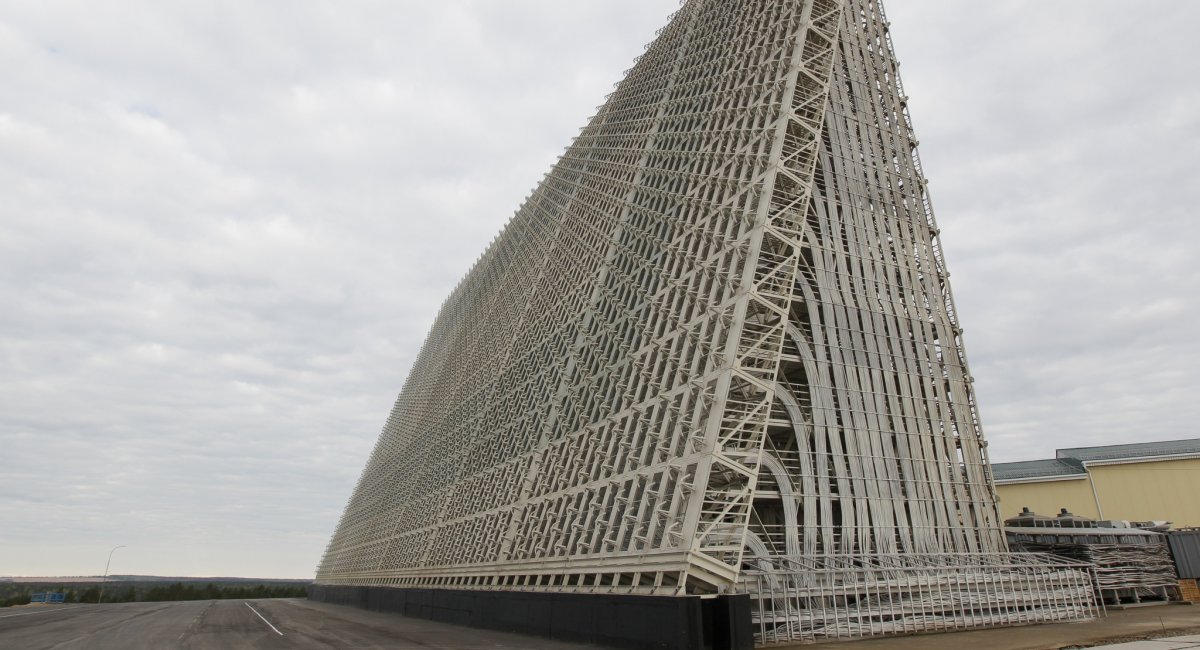
Defense Express assumes the primary reason why russian law enforcement services decided to dig up these fossils of old defense contracts and investigate them could be a direct result of dissatisfaction followed after unexpected Ukrainian strikes. The russian military generals might have realized that the real capabilities of the overly hyped giant radars, designed to detect threats of much more serious caliber than slow low-flying explosive drones, were not quite matching the advertisements. This raises the question, if it actually matters whether there really were instances of embezzlement or not.
Read more: Strategic Blindness: the Effect of Ukraine's Attack on Voronezh-M Over-the-Horizon Radar in Orsk Explained



